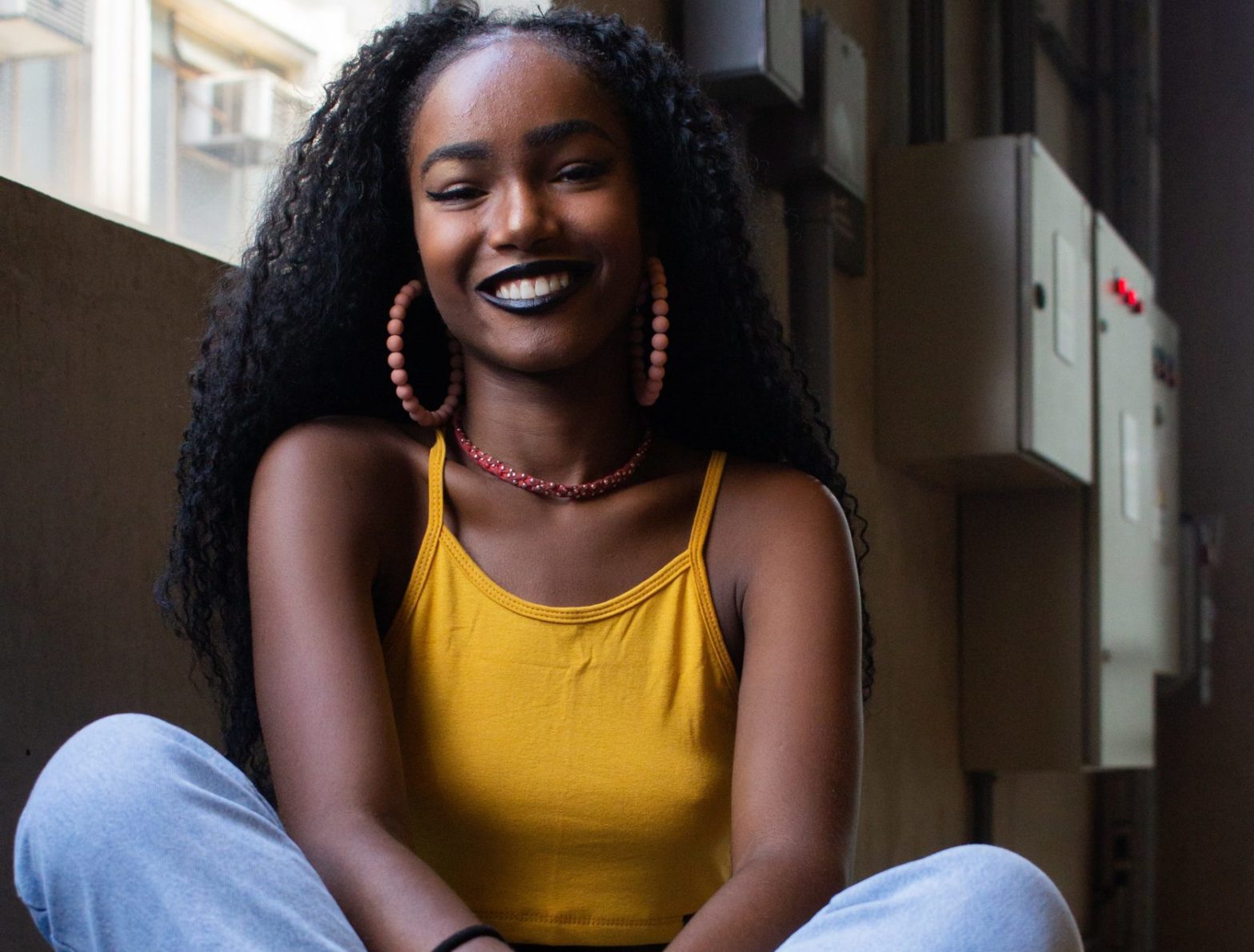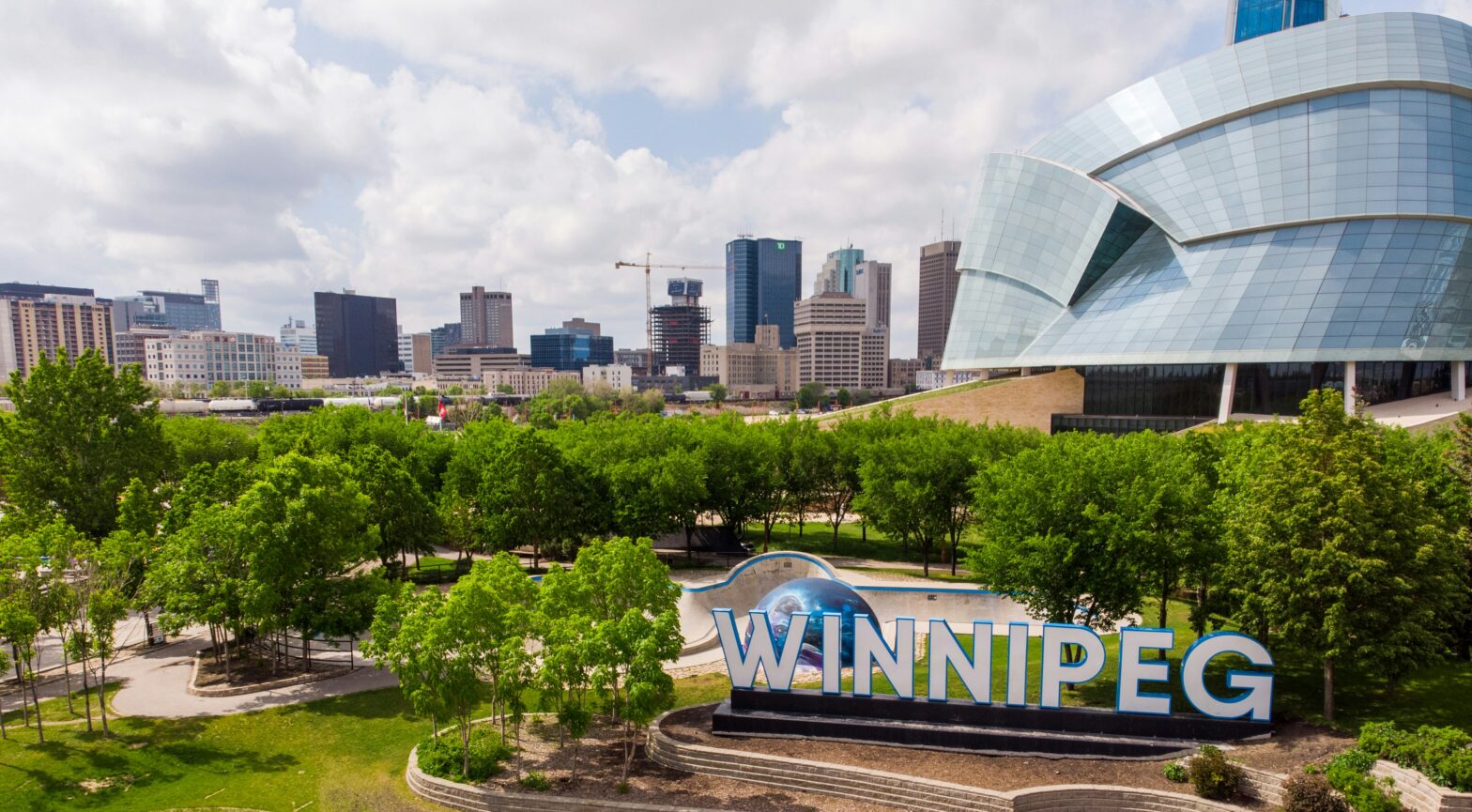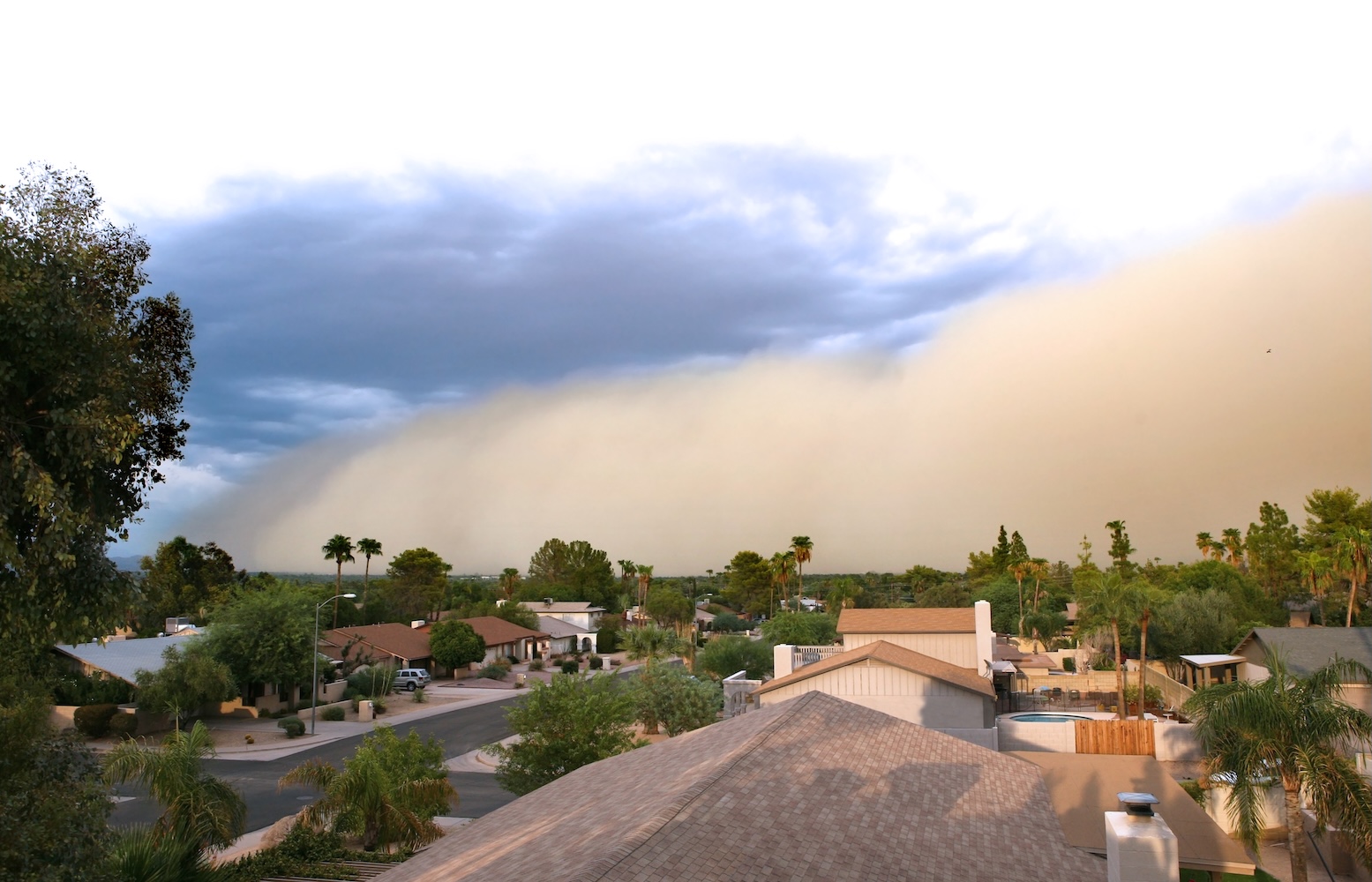Black expats are relocating to West Africa at record speed, and we’re very much here for it. With so much to offer culturally, the region has become a hotspot for many Black travelers, retirees and nomads.
West Africa is home to some of the most exciting and promising initiatives and locations in the world. But as with any expat journey, it would be unwise to book that one-way and assume you’re going to land in a paradise of palm trees and golden sunsets.
There is much more to know and prepare for, so we spoke with 5 expats living in various parts of West Africa to help us out. Read on to find out what these expats found when relocating to West Africa.
Senegal

Adia Gnacko took the jump to embrace living in West Africa and hasn’t looked back since. Adia relocated from France to Dakar, Senegal and has picked up a few tips on making the big move:
- Your network is a key asset: indeed Dakar is a small city, sometimes it seems to be a small village where everybody knows everyone. It’s challenging at first, but building your network will give you access to opportunities, so don’t hesitate to talk to people.
- Building up your new support system will be draining (at some point) but will be critical for your mental health. It’s not always easy when your initial support system is far, especially when you are facing challenges (work, health, etc.), so it will be crucial for you to be selective about whom you want to share your journey with, especially in moments of vulnerability.
- Don’t try to convince people on the choice you have made to leave Europe(or anywhere). Your choices are personal and don’t have to be understood by everyone. Don’t try to find their approval – if you feel it, go for it.
Ghana

- Before I moved to Ghana, I wish I knew the necessary steps to start a business in the country. It took me some time to learn the ins and outs of starting my PR Agency, Ford Communications, which helps multinational brands connect with audiences in Africa. However, after 5 years of running my business and setting up in the U.S., I know how to balance working in both spaces. If you want to do legit business and reap the benefits awarded to businesses, it’s key to be in compliance.
- Keep actively building your credit Stateside while abroad. Credit is so important and can contribute to granting you financial access to invest in projects in the States or your country of choice. Moving abroad in your early 20s is bucket list worthy, but as time progresses, you’ll want to start buying assets and good credit can make that a reality.
- As Maya Angelou’s mother said, “When you cross my doorstep, remember you have been raised.” Don’t lose yourself in the name of being so open to cultural norms in your new home country that you compromise what you already know. It’s a weird balance, because being open when you travel and move abroad is key, but you’ll meet a lot of different people and experience new terrain. No matter what, stay true to yourself and what you know. Principles have no nationality.
Nigeria/Ghana

Juleen (Jules) Gentles left Jamaica in July 2021 and has been living in East & West Africa ever since. Since December 2021 she has been based in both Nigeria and Ghana. In that transition, there are a few things that caught Juleen off guard— here is her advice:
- The Plant-Based Struggle! Coming from the West Indies, I was used to fresh vegetables being on the plate with almost every meal and lots of fruits/freshly blended natural juices available at my disposal. Maintaining a diet that was majority plant-based came very easy to me back home in Jamaica. West Africa was a wake-up call, especially since I fell in love with the flavors and spice of Nigerian home-cooked meals. The typical Nigerian plate looks like meat (maybe in the form of a stew or soup), some more meat (I might be exaggerating a bit haha), and a healthy serving of starch. After a month in Nigeria, I definitely gained a few pounds. No regrets – but in the long run, incorporating more fresh fruits, grains, and vegetables into my diet was something I realized I’d have to be extremely intentional about. Now, this isn’t impossible (you can definitely find a wide variety of fresh produce and plant-based meals across Lagos), but you’ll have to make a more conscious effort!
- Vibes Are Seasonal! My first time in West Africa was in December. I am now convinced that Nigeria and Ghana are the best places on Earth to spend the festive season. The truth is, both Accra and Lagos are never short of vibes and excitement – but experiencing both cities for the first time in #DettyDecember might not give you the most accurate view. I got to see some of my favorite artistes performing live, connect with the diaspora, and experience an intense joy and energy around me that felt almost tangible. Except for the worst traffic I’ve ever seen in my life, I found myself constantly thinking, “this must be what heaven looks like.” The truth is, by mid-January, things calm down, return to a sense of normality, and you’ll be able to fall in love with the cities through a much more realistic lens. I learned to let go of the highs of December and embrace the different seasons and stages these cities move through throughout the entire year.
- Banking, Money, and Transactions. Be prepared! Banking, making payments, and carrying out transactions through your international bank or with international cards in Nigeria can (will!) be quite stressful. Having lived for around 6 months in East Africa with no challenges accessing my funds and making payments seamlessly – I took for granted that being in Lagos would bring a similar experience. A few things:
- Many international banks flag transactions made to or from Nigeria, so be sure to communicate ahead of your travels with them.
- Point of Sale payments are a hit or miss with international cards. Sometimes they’ll go through, sometimes they won’t.
- Withdrawals from ATMs with international cards have relatively high charges per transaction. Each transaction also usually has a max of 10,000 Naira (just around 24 USD) which isn’t a lot, so withdrawing a substantial amount of money will add up.
- As you can imagine, cash or mobile money is your best bet for making payments across Nigeria.
- Professional Development and Industry Ties. As a woman in Tech (Product Management) who also loves the creative space – I was amazed and inspired by the Tech talent and artistic souls I was able to connect with in Lagos. I’d definitely advise people looking to relocate or visit long-term to connect with people in their industries ahead of time. That will definitely help shape and define the time you have in Nigeria and allow you to plan for collaborations, attending special events and meet-ups that you would have otherwise been very disconnected from. As a Pan-Africanist at heart, I truly believe in forming linkages on the ground even before physically coming. I wish I had done more of that.
Sierra Leone

Yasmin relocated from the UK to Sierra Leone, where she is from. While relocating to her home country, there was a lot that Yasmin learned during the transition, here are her tips:
- I wouldn’t say I wish I knew these things before relocating, however there are some factors to take into consideration. For example, basic tasks take longer than they need to and the pace of the country is generally slow. There is no real sense of urgency, which leads me to my next tip…
- If you relocate to Freetown, Sierra Leone, do not plan more than three major tasks in one day. Freetown is not a cosmopolitan city where you can rely on the metro or underground system to get you where you need to be in a matter of minutes, therefore you will need to learn to leave contingency time for travelling from one part of the city to another.
- With a lack of variety when it comes to transportation options, everyone – from cars, kekek and Okada’s (motorbikes) – are using the same roads. There is a complacency attitude amongst many people living in the city (Freetonians), we summarize this in a podcast episode called ‘Mediocrity is the new excellence’.
- The lack of time consciousness and maintenance culture are worth knowing about to utilize your time moderately and measure expectations.
- I also wish I knew that rainy season lasts for six months. That was a major shock to the system, as I previously thought the sun shined all year round. Other than that, Sierra Leone is a beautiful country with serious potential.
The Gambia

The mind behind WelcomeToKabila, a YouTube channel documenting Kabila’s life, lessons and travels, shares his experience relocating from Seattle, Washington to The Gambia. Kabila has lived in various African countries, but will focus on his experience and lessons living in The Gambia in this article:
- Humble yourself! Don’t move to Africa and then look down upon people just because you’re coming from a Western country. Remember, Africa does not need you.
- Learn the culture. So much of what happens in Africa revolves around the culture in the particular country you’re in. Understanding the culture will help you understand the people, which will ultimately make your stay that much more special. Those who move to Africa and don’t spend time learning the culture just end up looking from the outside in. This leaves room for a lot of assumptions and as we all know assumptions aren’t always correct.
- Budget wisely. If you’re moving to Africa, budgeting could be a little tricky. The dollar conversion rate makes it seem as though you have so much money. For example, the conversion rate in The Gambia is 1 USD for every 47 Gambian Dalasi. Conversions like this make you feel like you have a lot of money. I mean imagine taking $1000 to the Gambia and all of a sudden Bam you have 47,000 Dalasi I know it’s the same amount but is it? It certainly doesn’t feel like it is. It feels like $47,000 and that’s where the tricky part comes in, because it feels like a lot of money you can catch yourself spending more than you would’ve if the money remained in dollars. Do not let the conversion knock you off your budgeting game.
- You’re more likely to get robbed, shot and killed in America, so with that being said: When you’re in Africa, relax, take it easy, no one is out to get you. Like any other place you would travel to, you should trust your gut. If you go to a neighborhood, and you feel like “this environment doesn’t feel safe”, leave. Don’t be on the defensive all the time because you’re in “Africa”. Africa is not the negativity you’ve heard. Africa is simply a continent with a lot of beautiful countries and the kindest people I have ever met in my life.
- In most countries in Africa, when you need things done, you have to leave the couch. For example, when you’re looking for a job in most countries in Africa, you’re going to get it much faster by going and knocking on doors than filling out job applications on a laptop. In Africa, we love human connection. If you would like to do business with us, we’d prefer for you to speak to us directly. Emails can be effective, however that’s not how you get in front of the line in Africa.
With an abundance of advice based off a handful of countries in the West African region, we hope you feel more open to the idea of making the big move. What advice or questions would you add to this list for Black expats relocating to West Africa?
Related: Here’s What Black Expats Wish They Knew Before Relocating To The Caribbean





